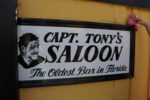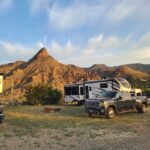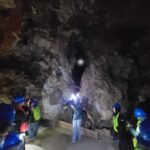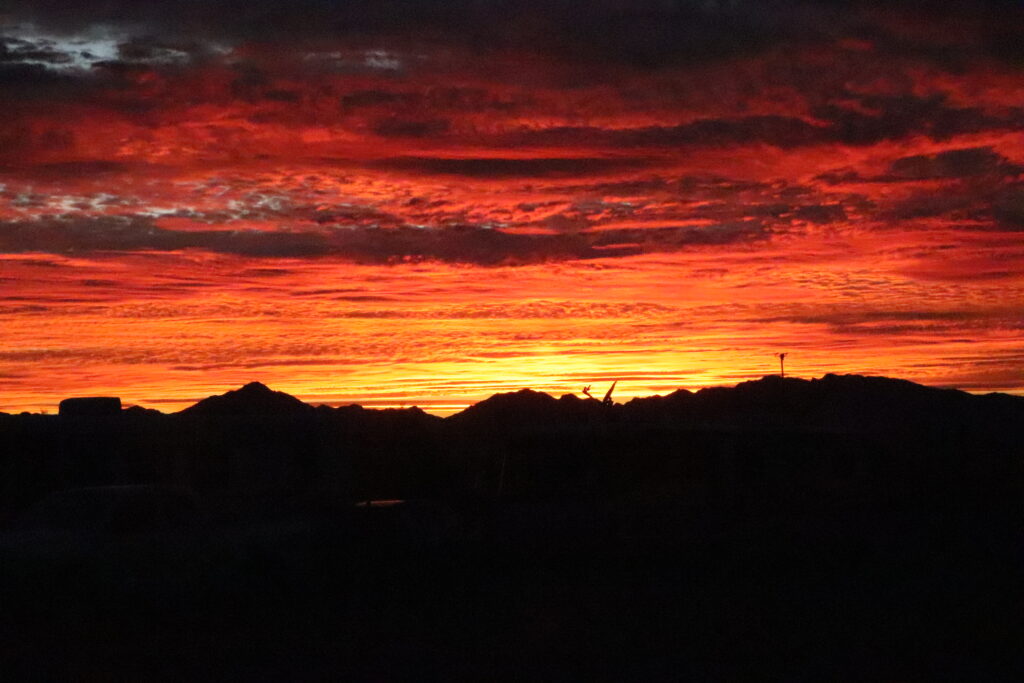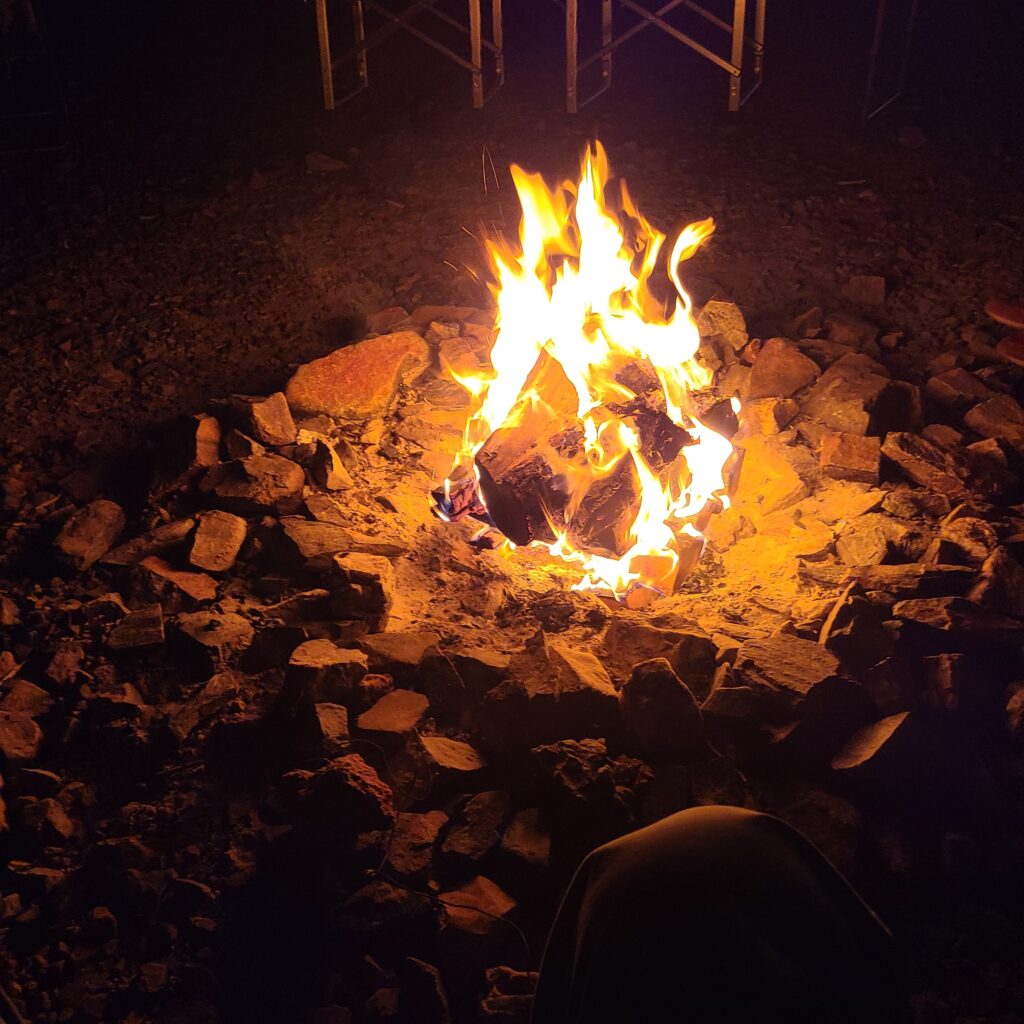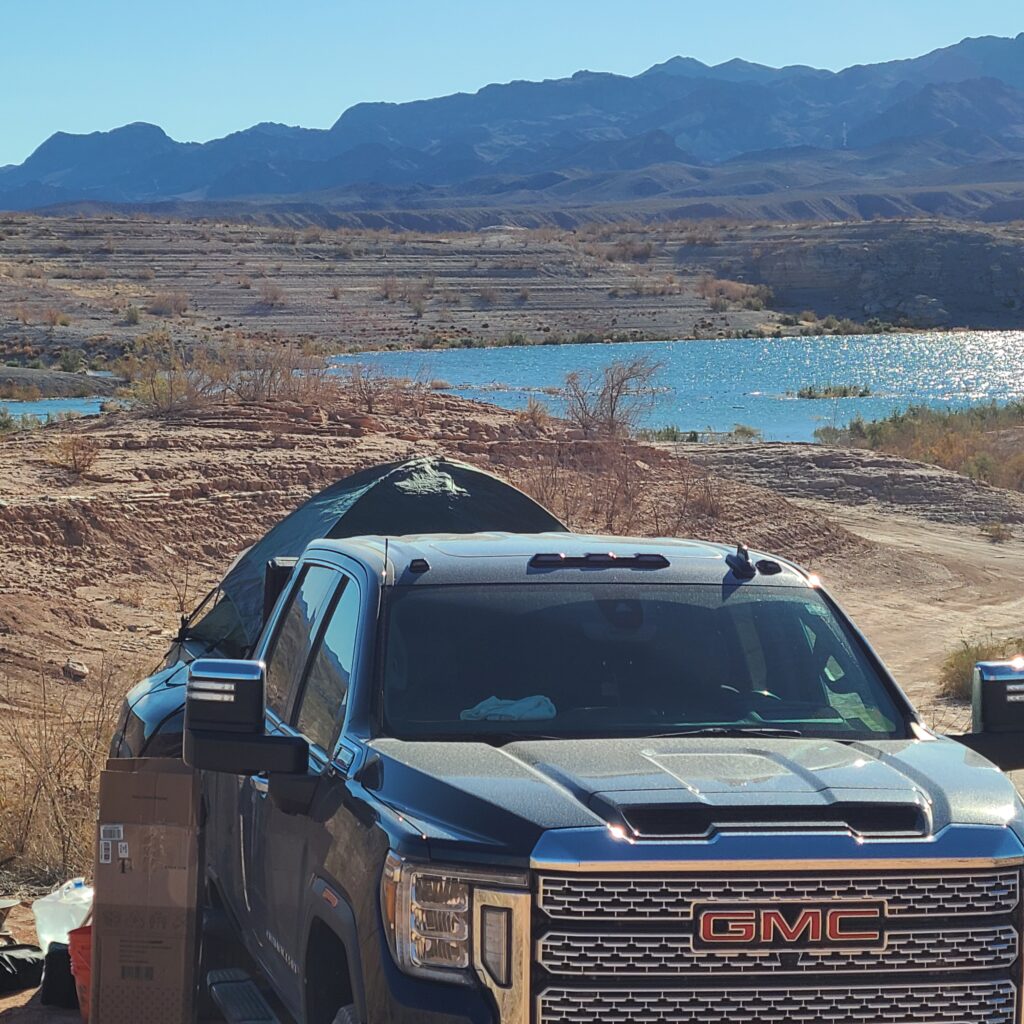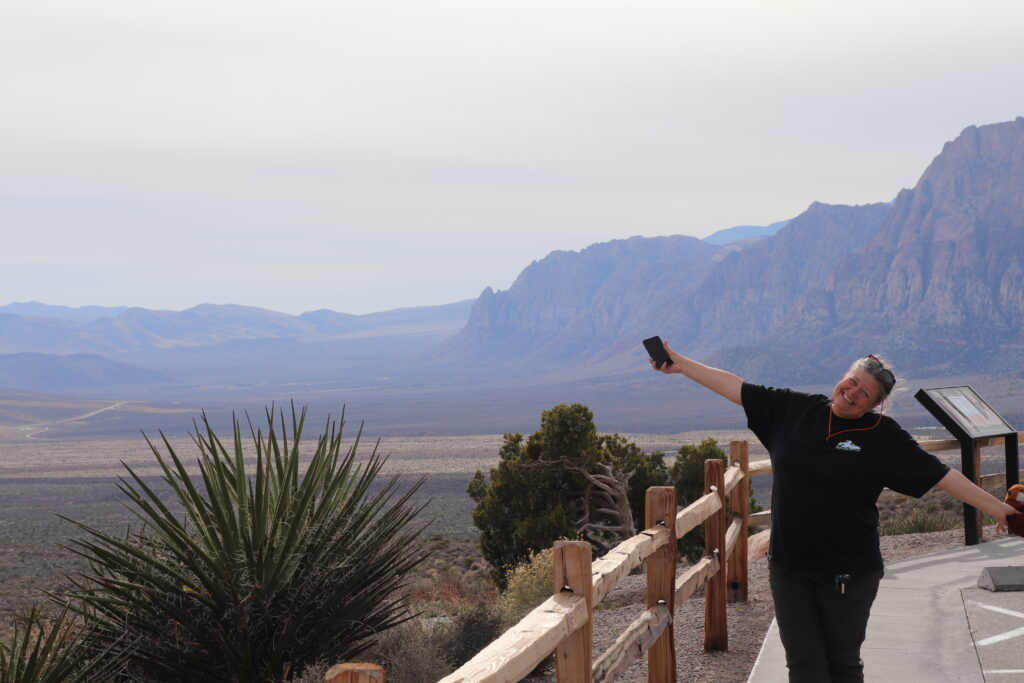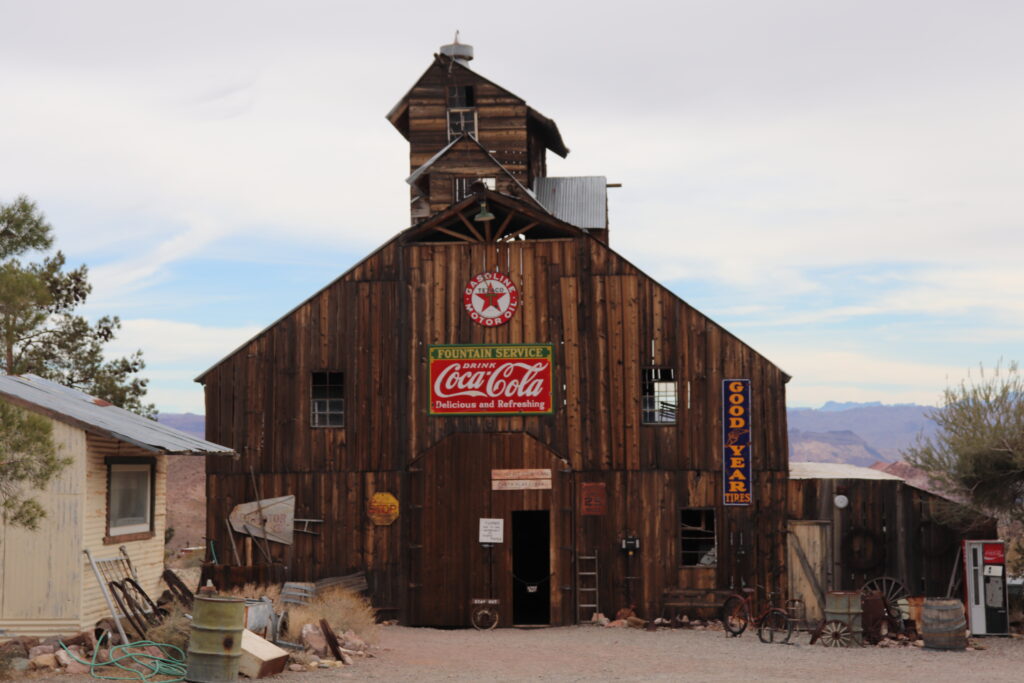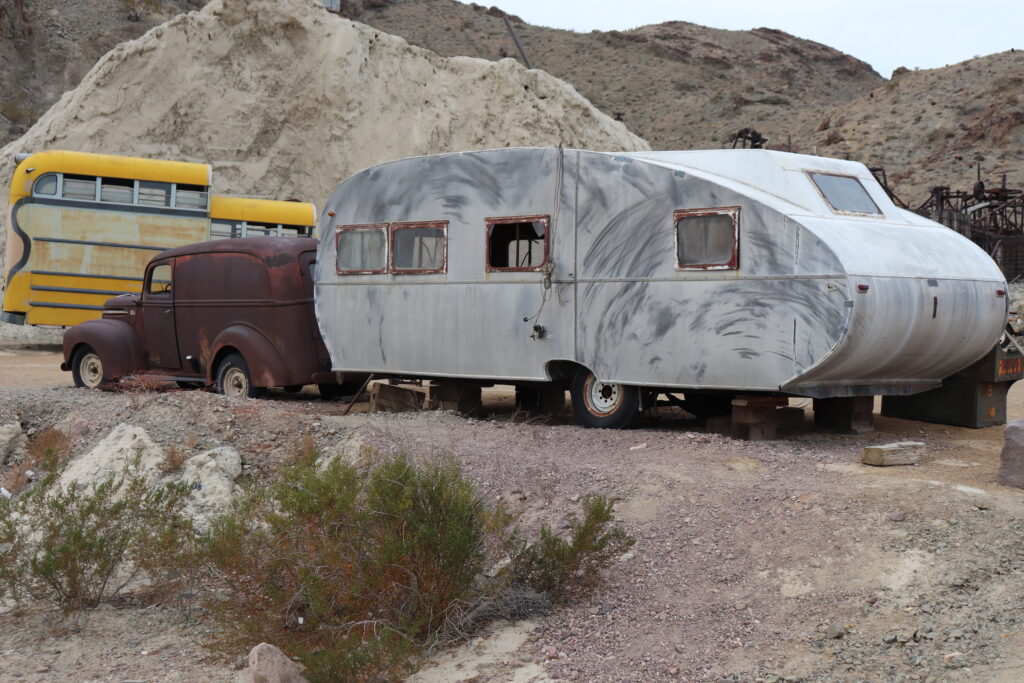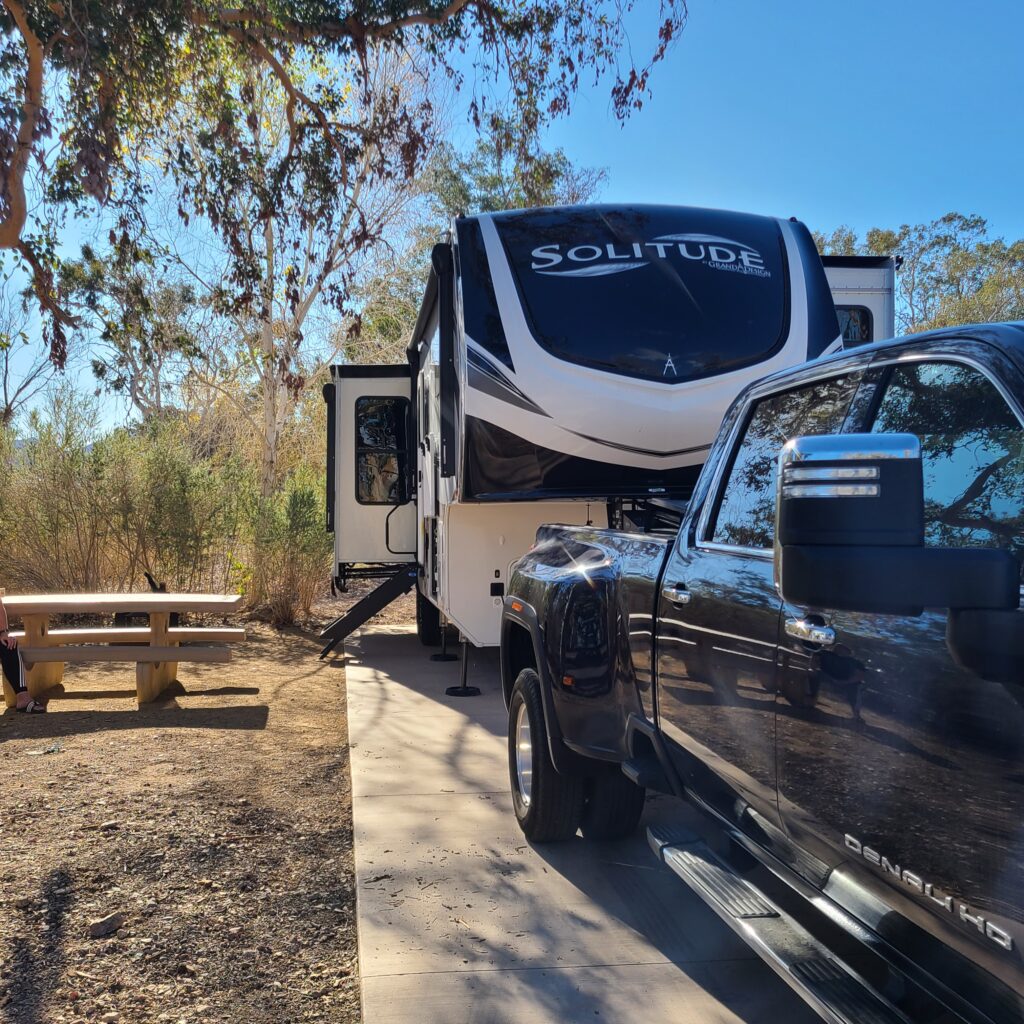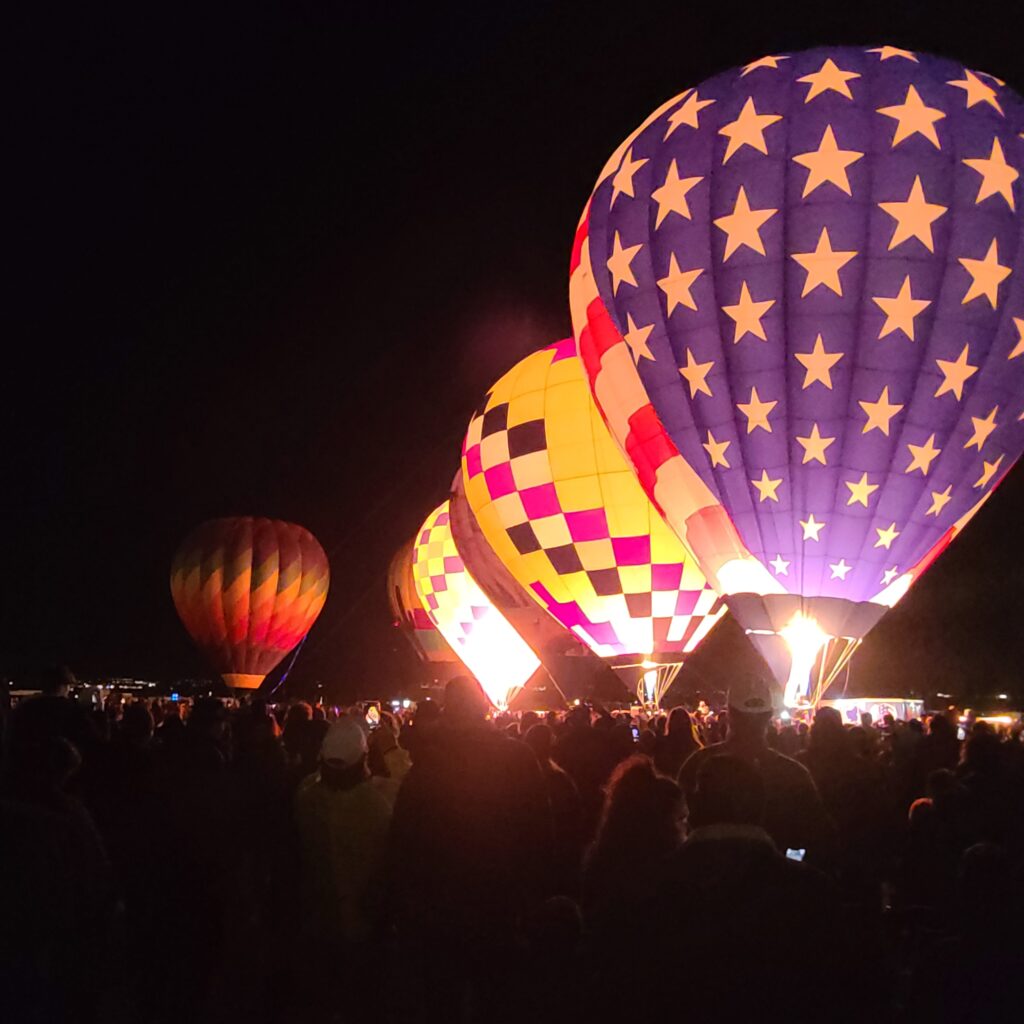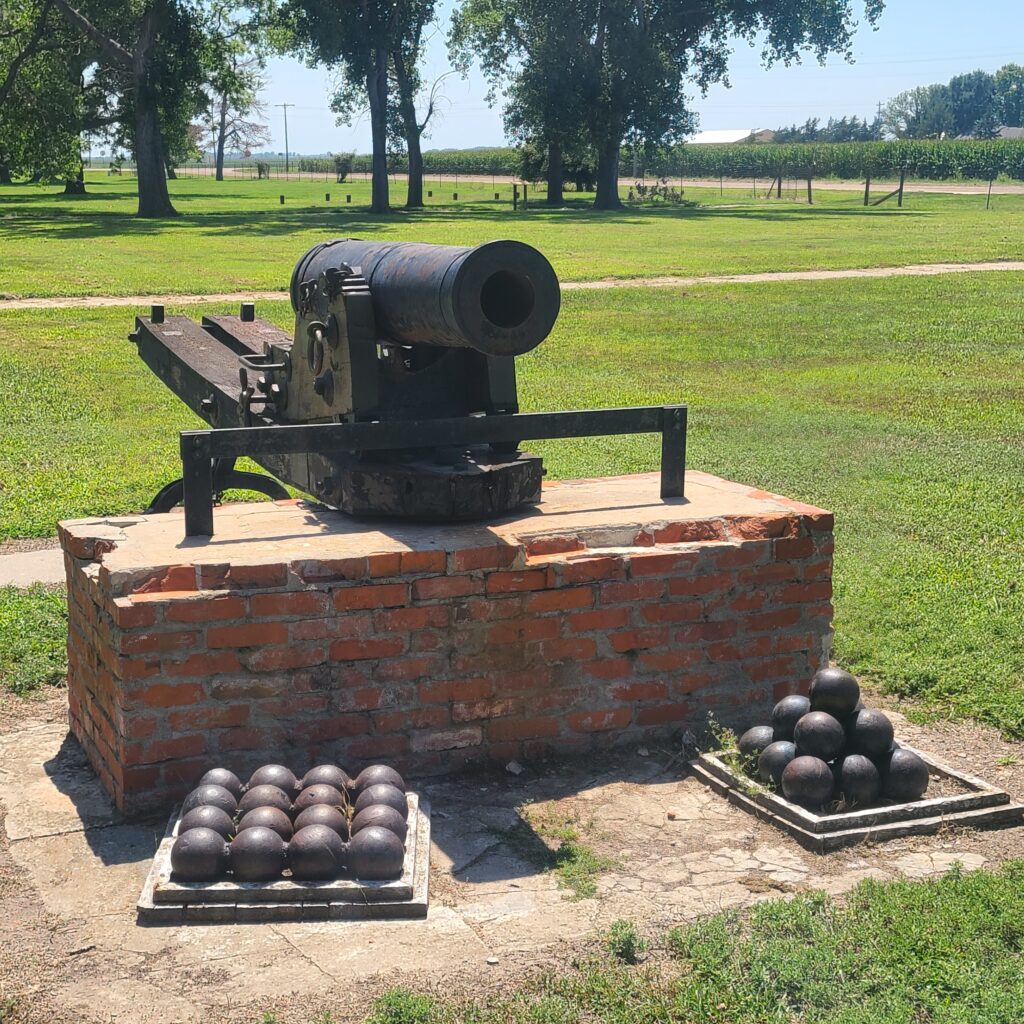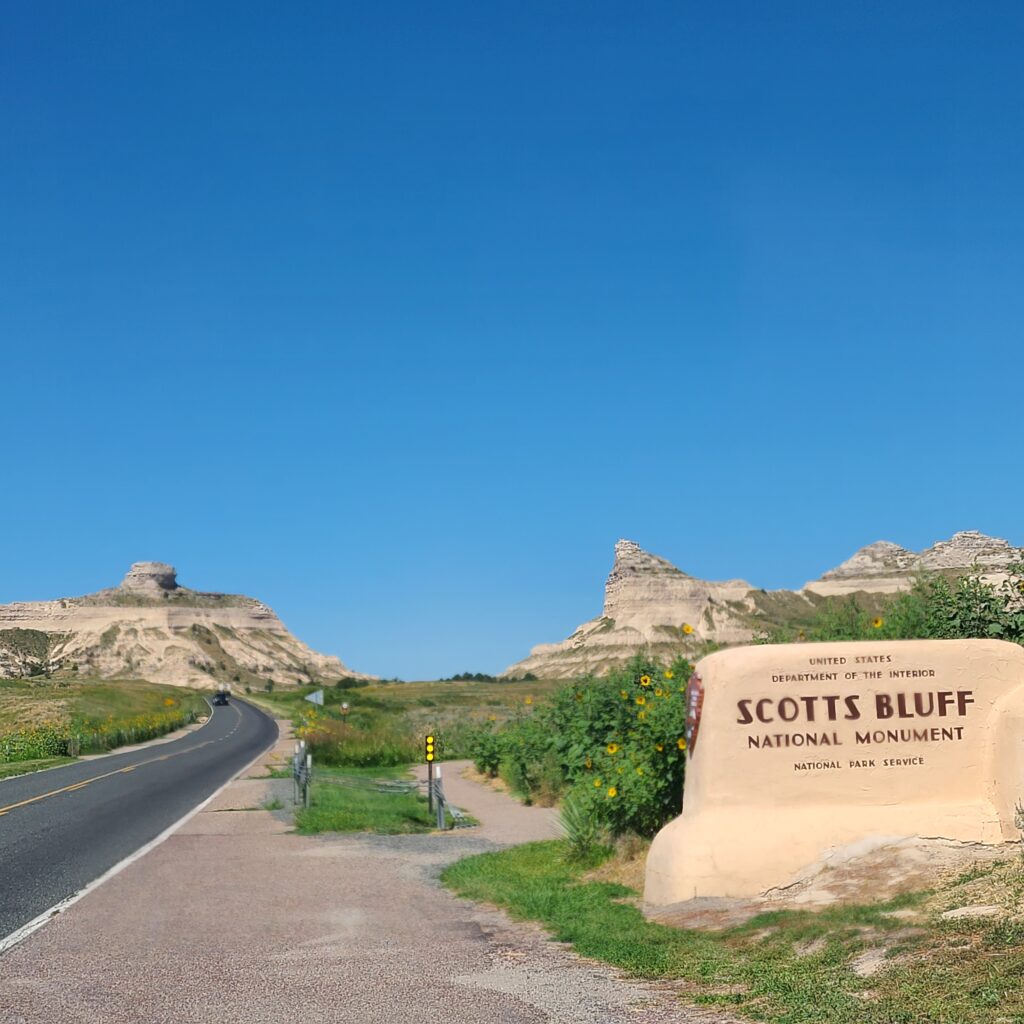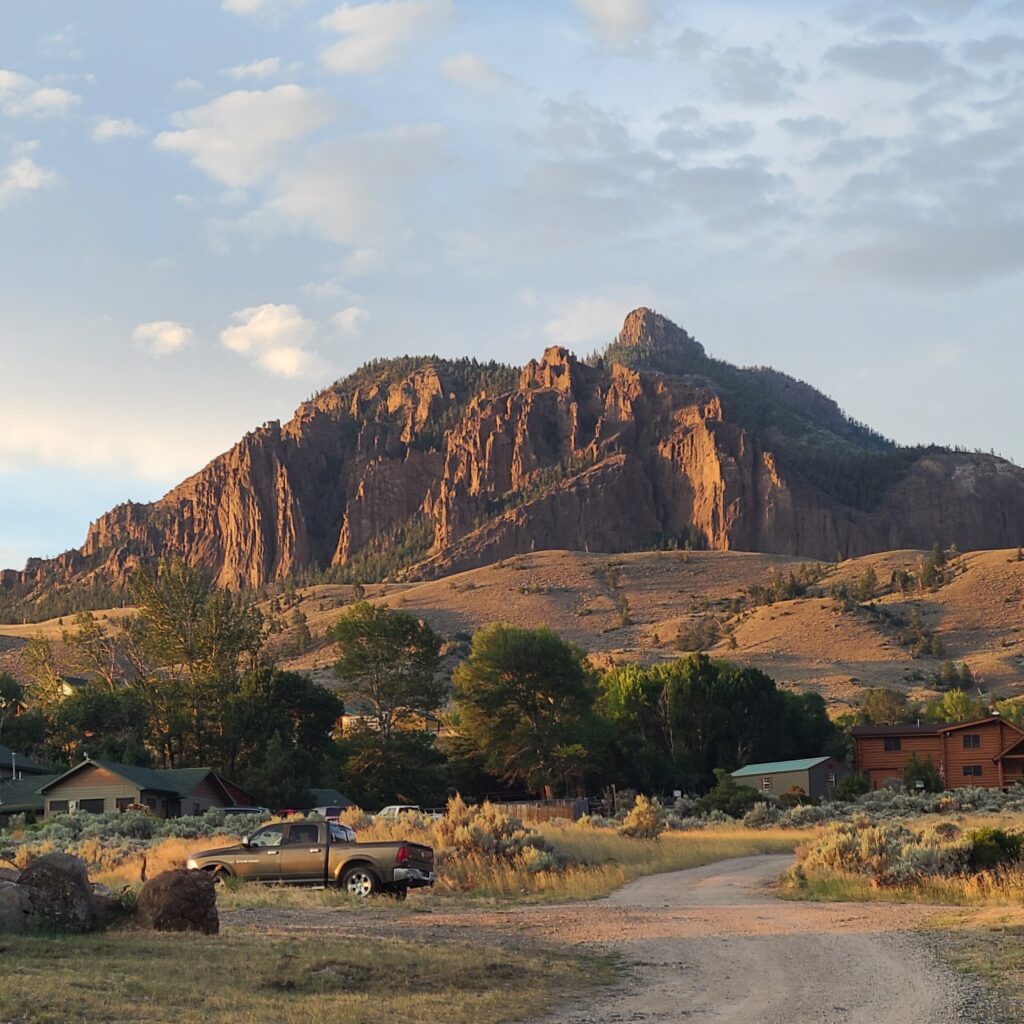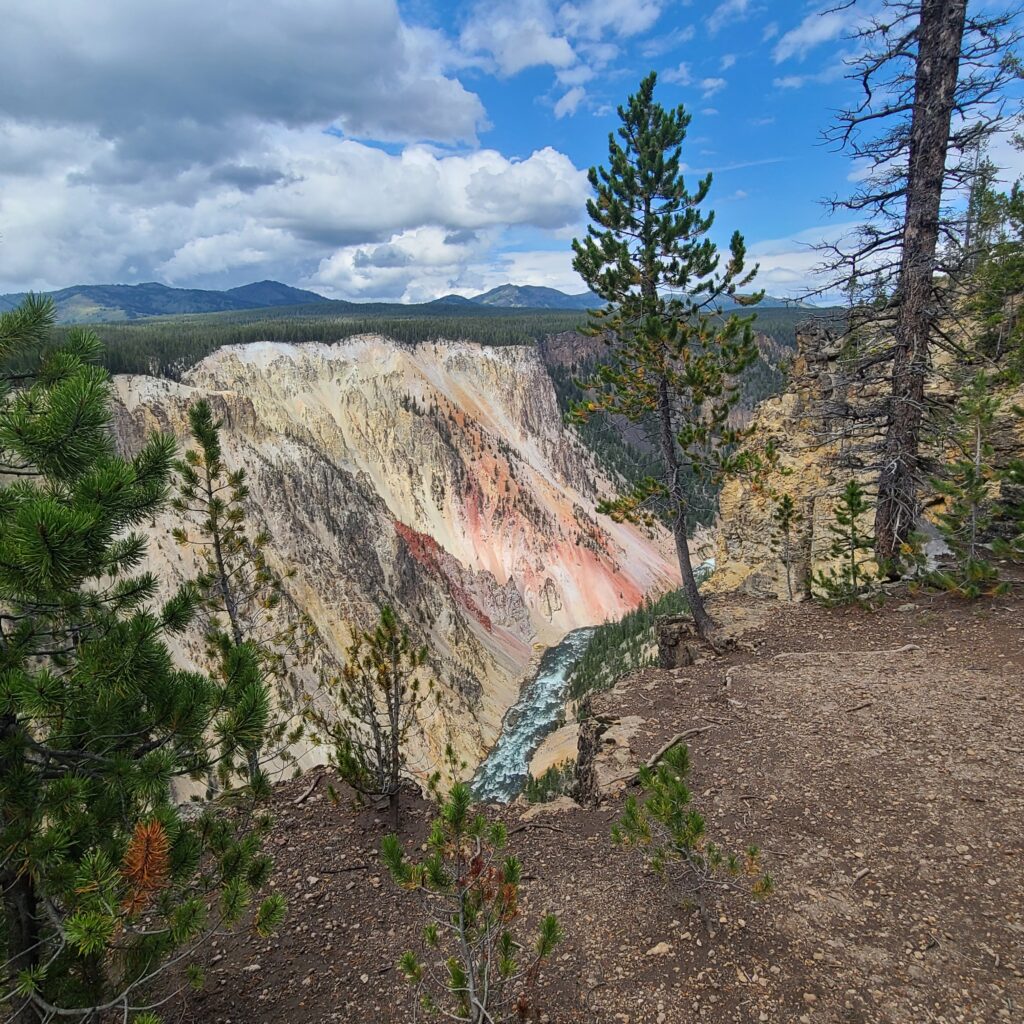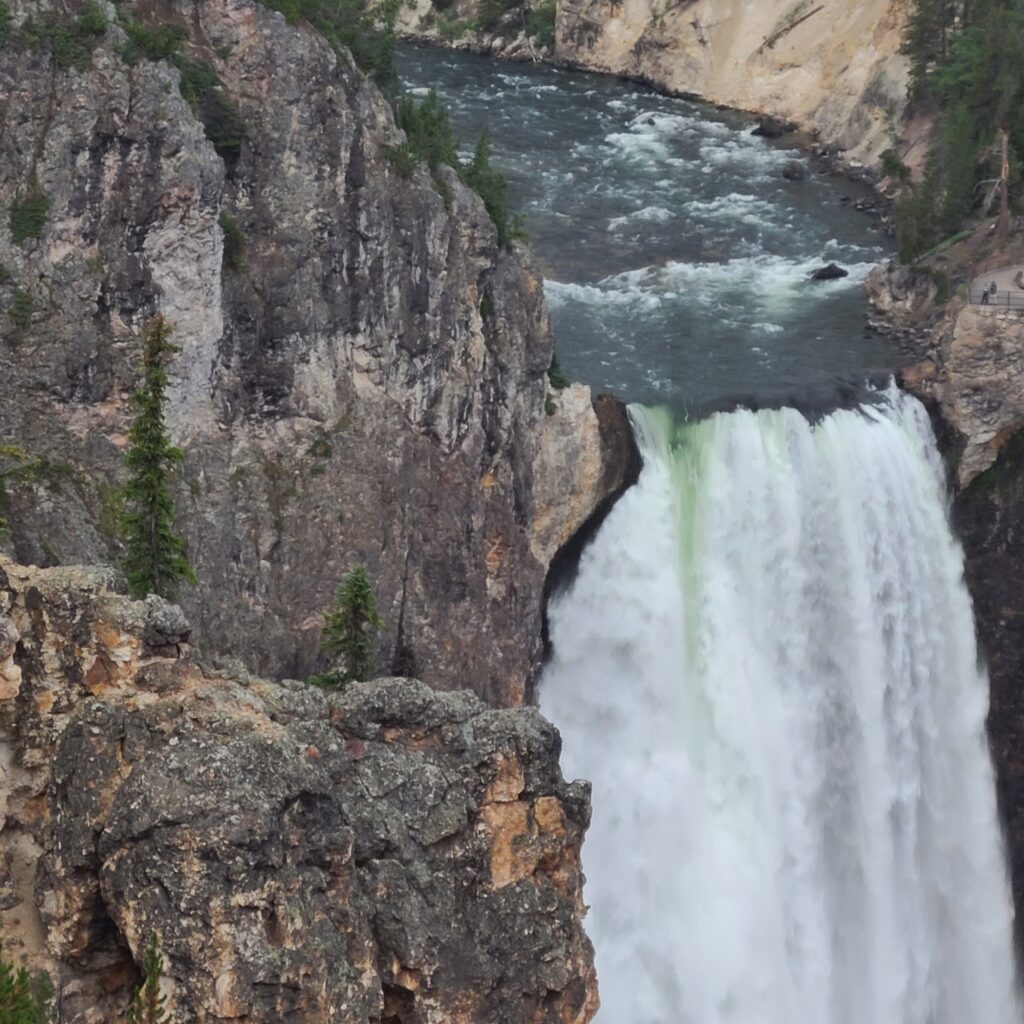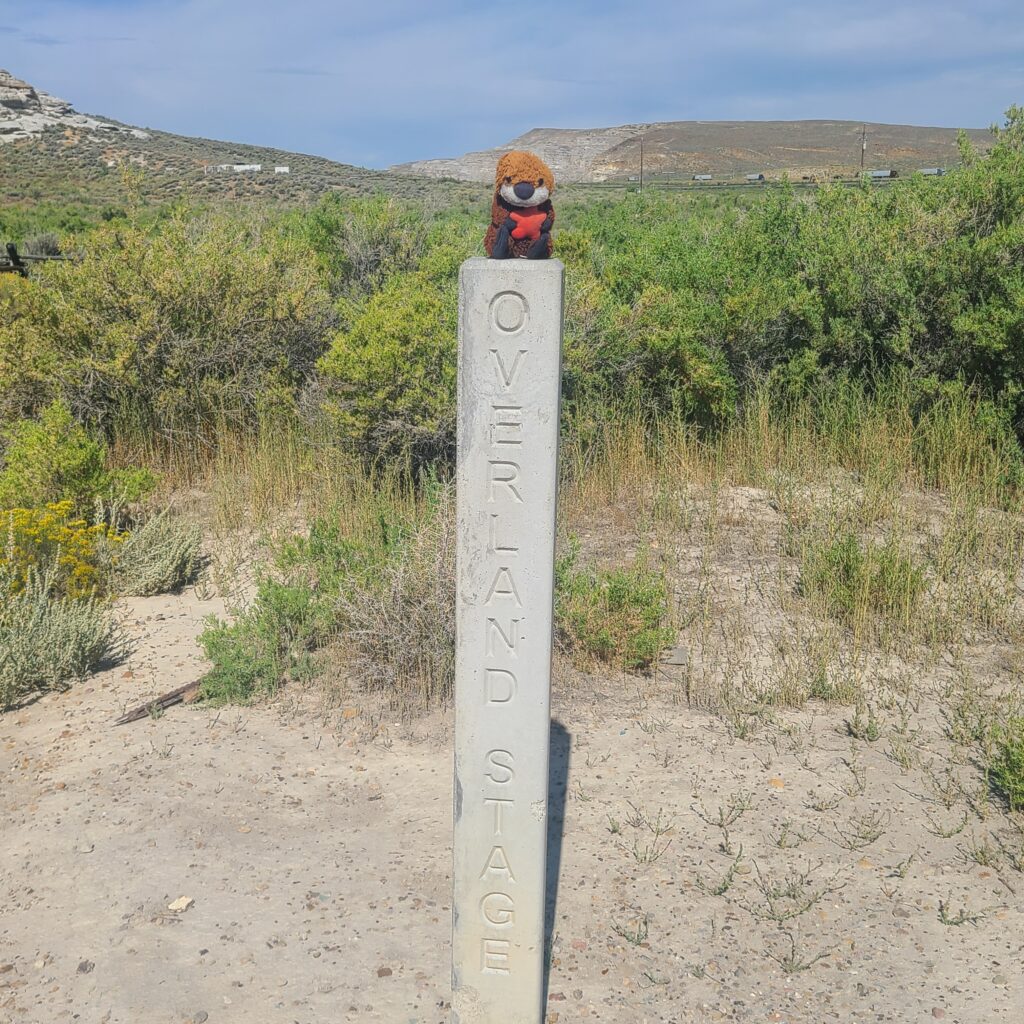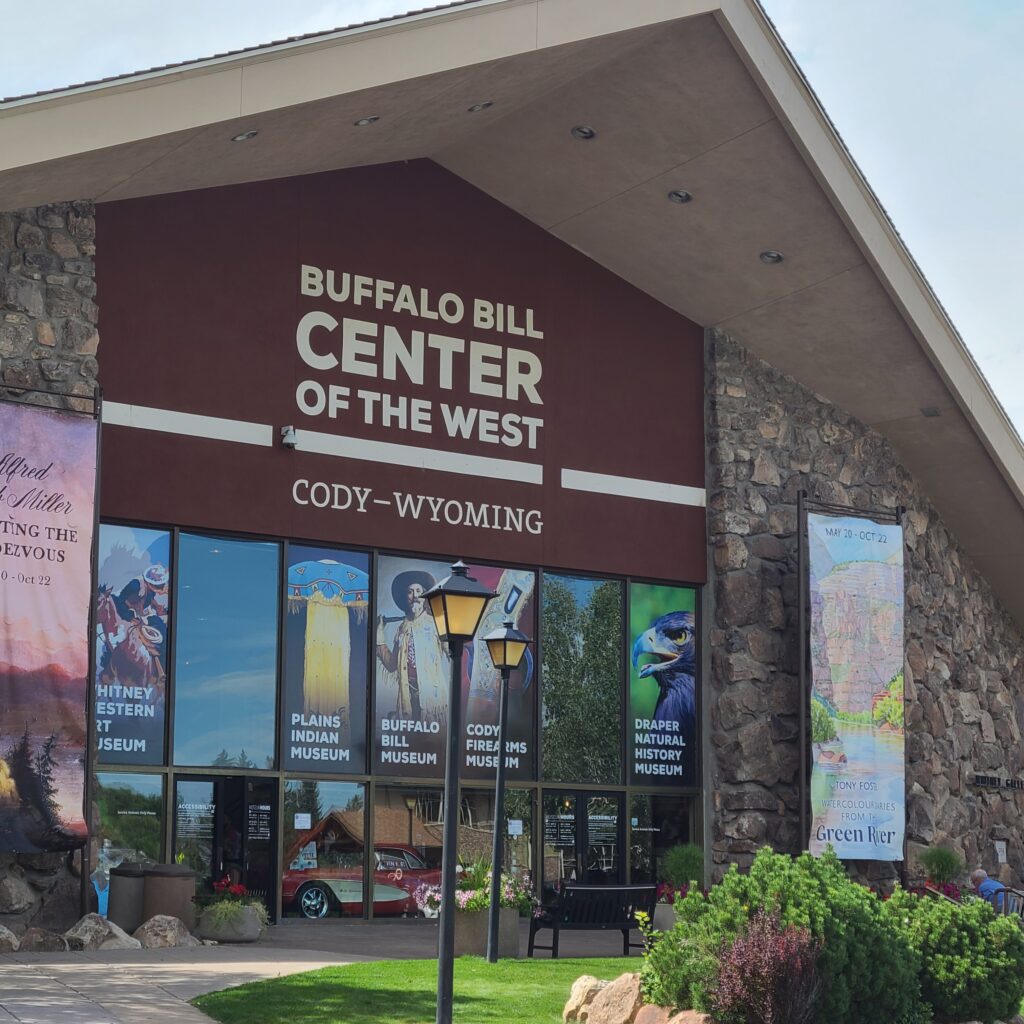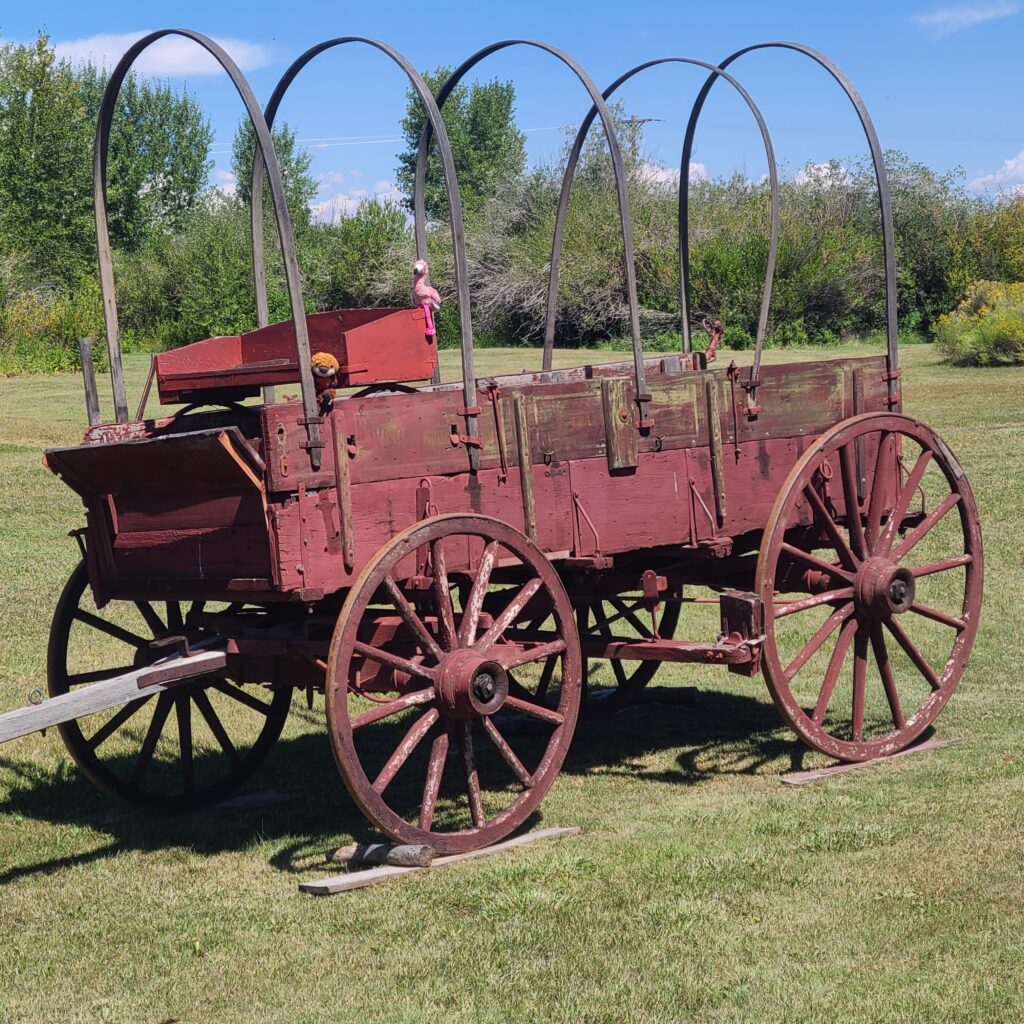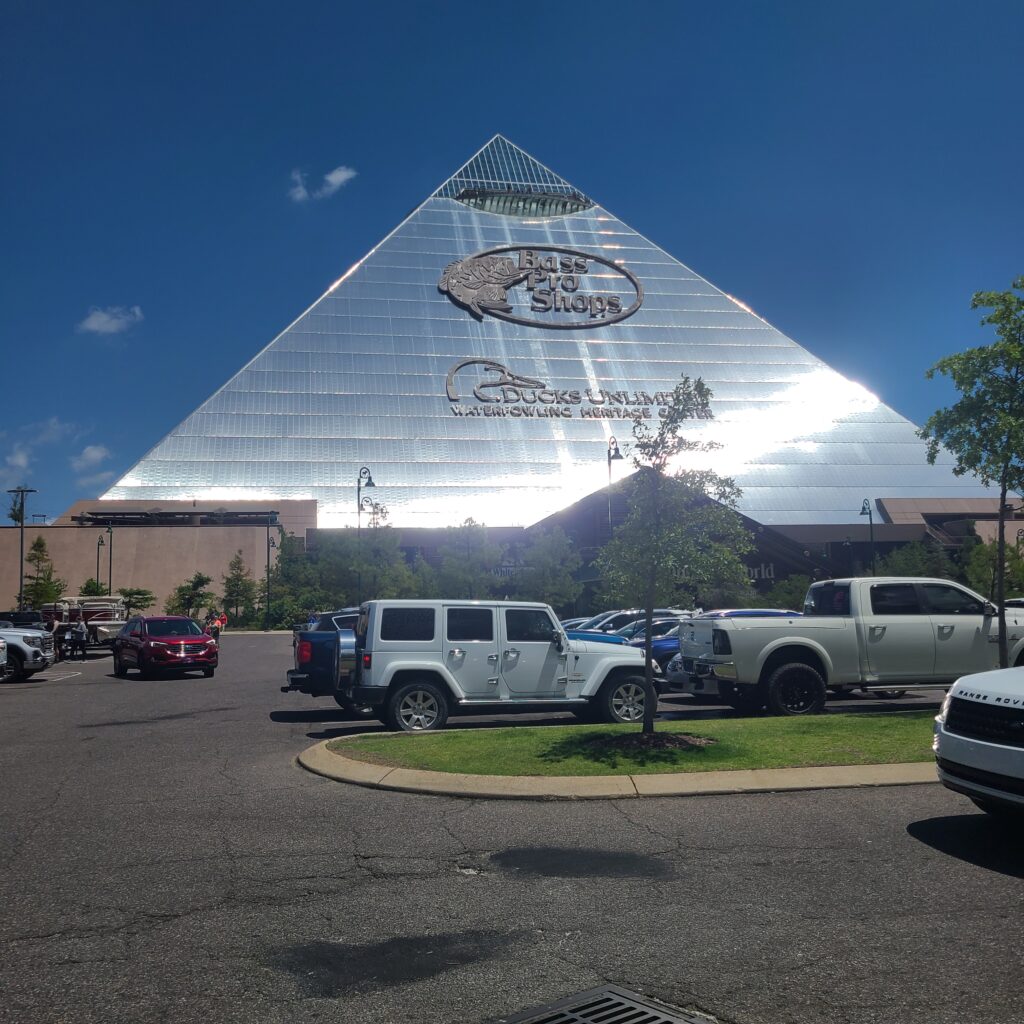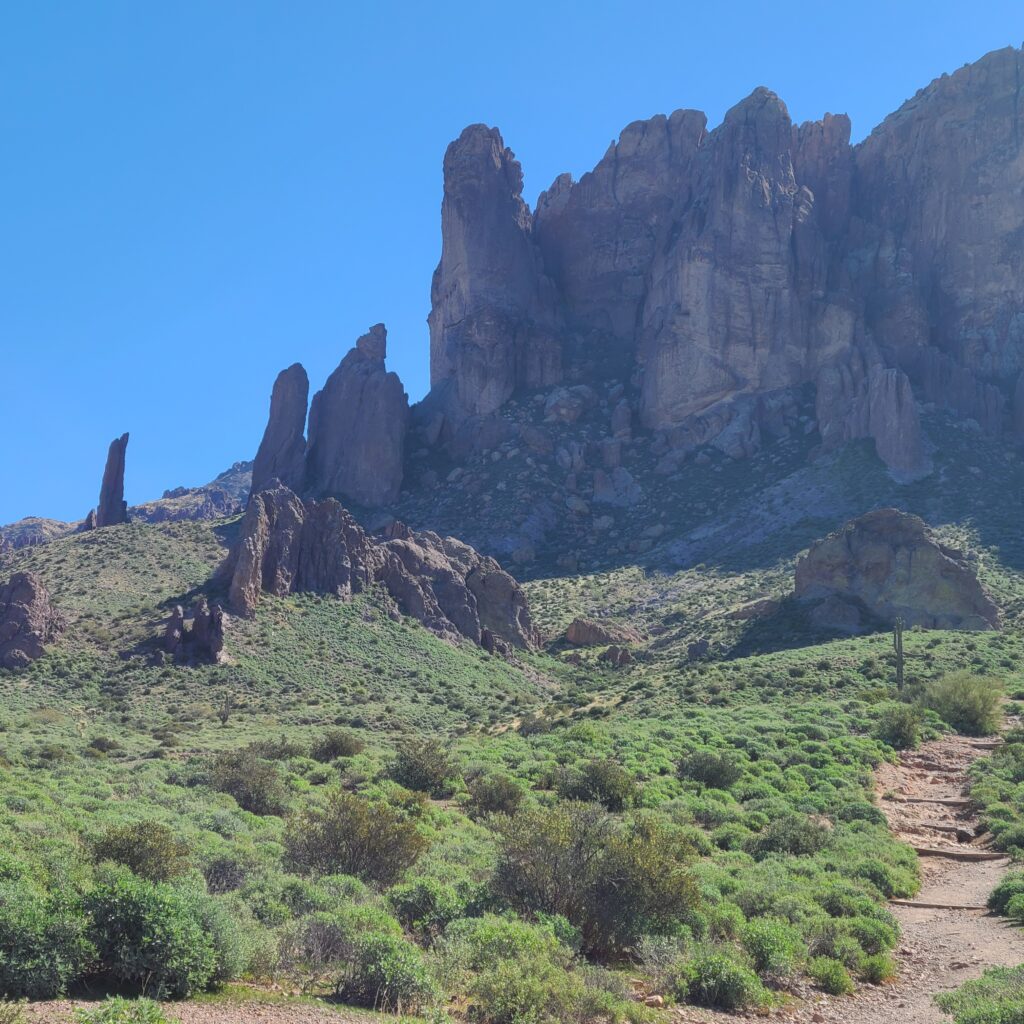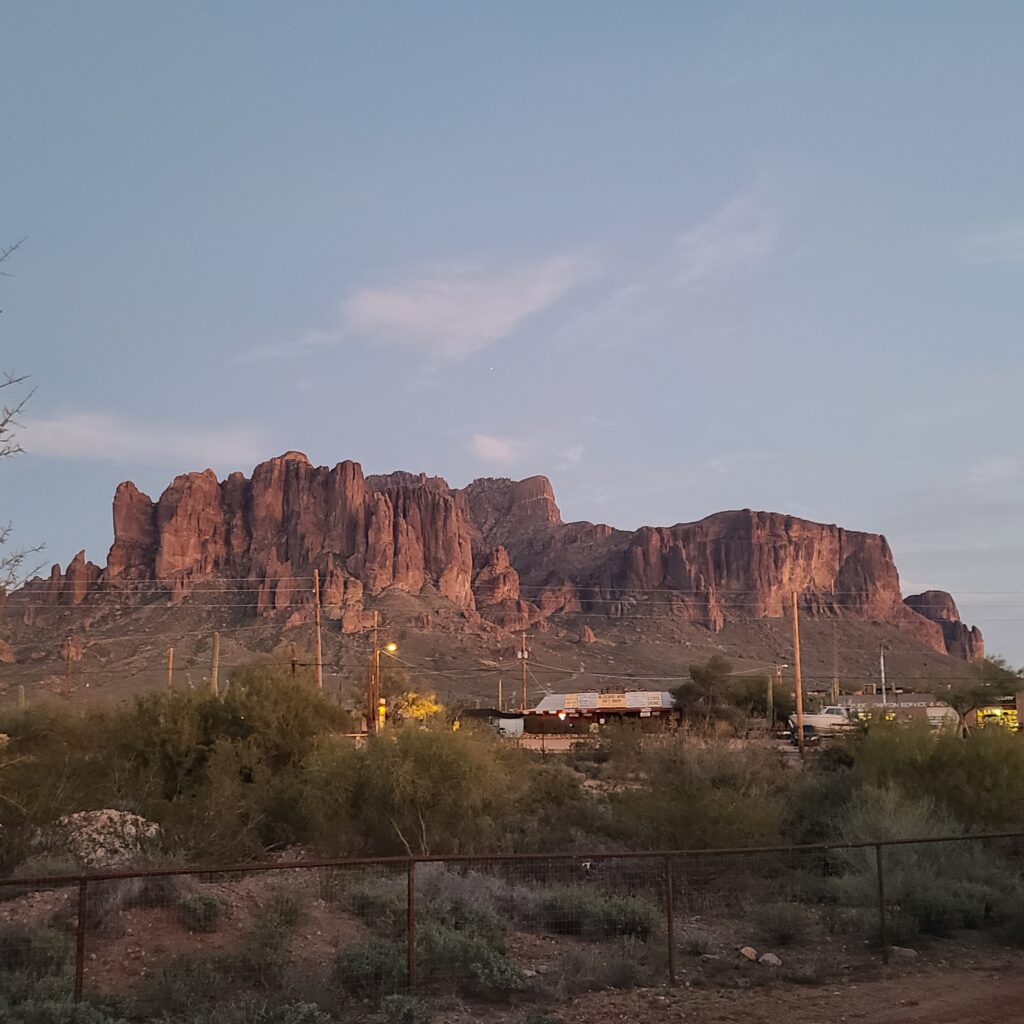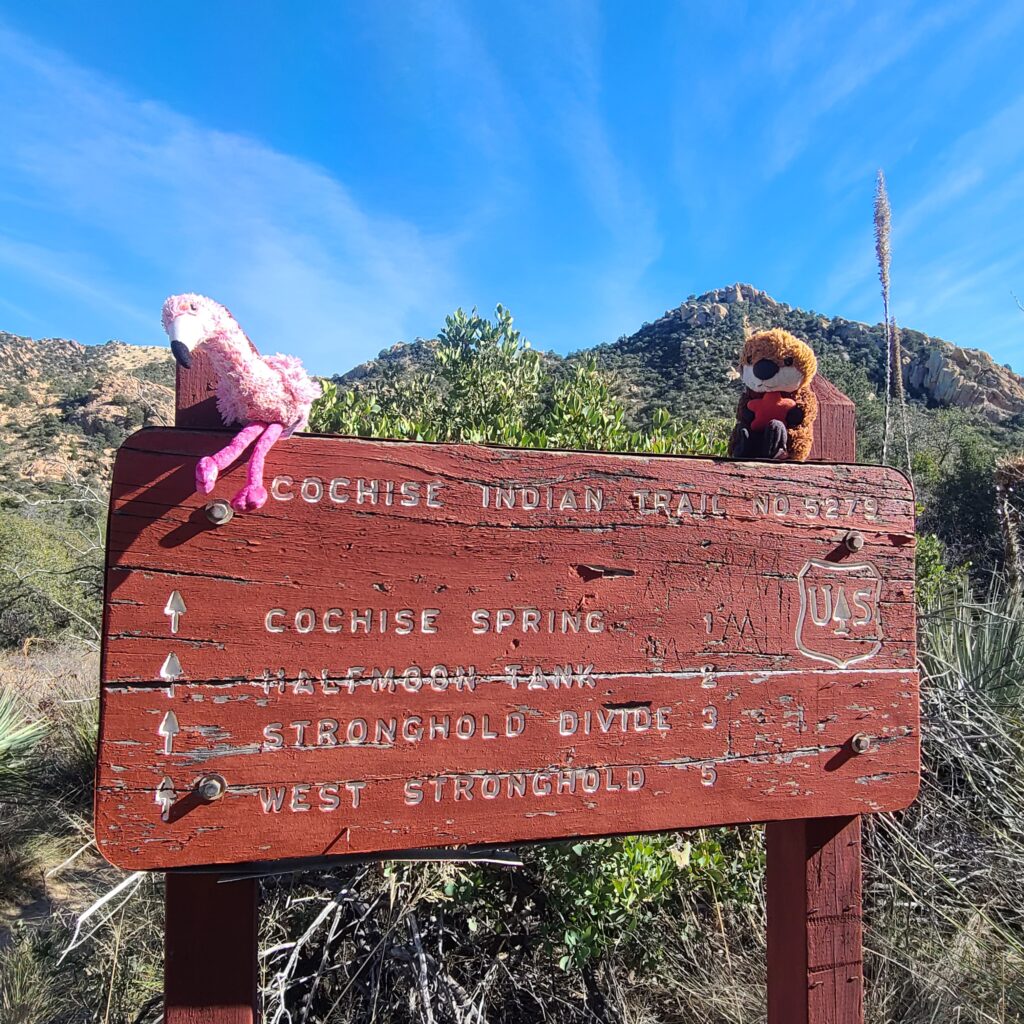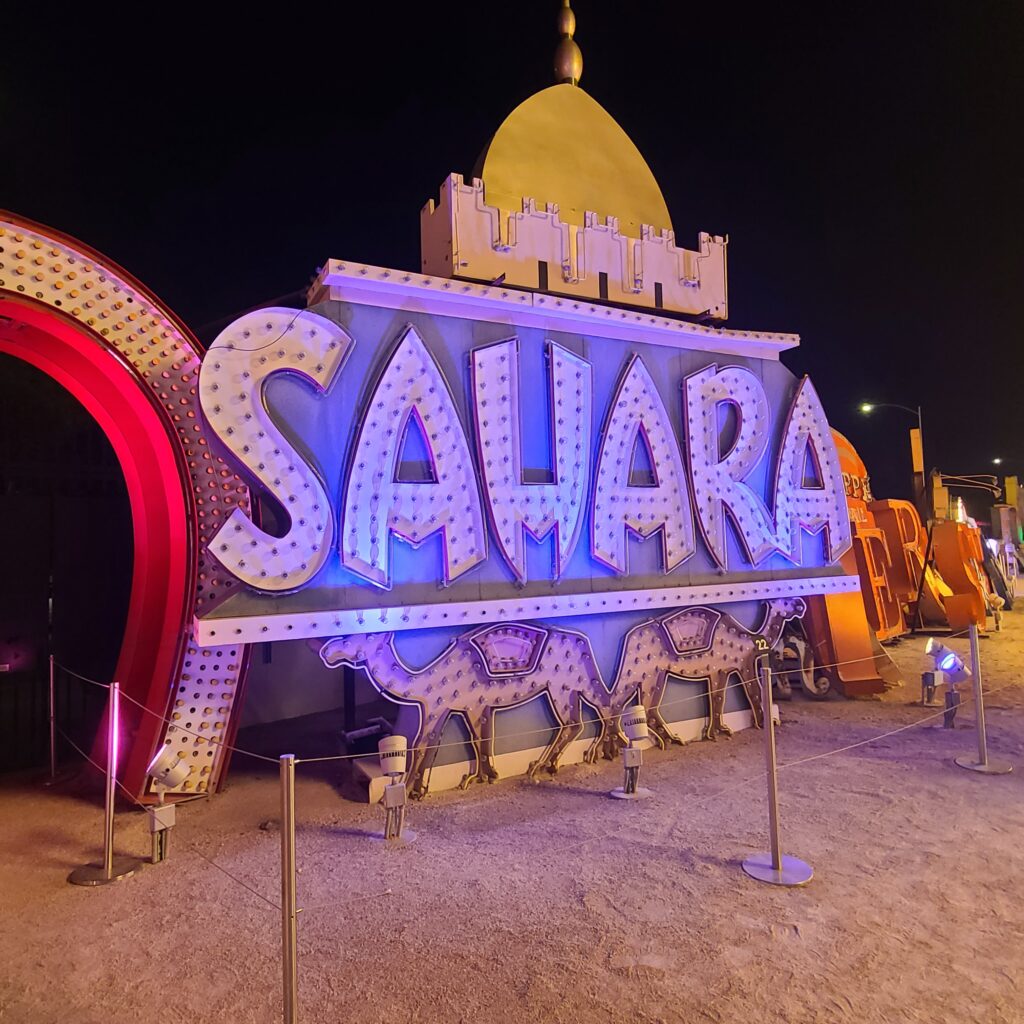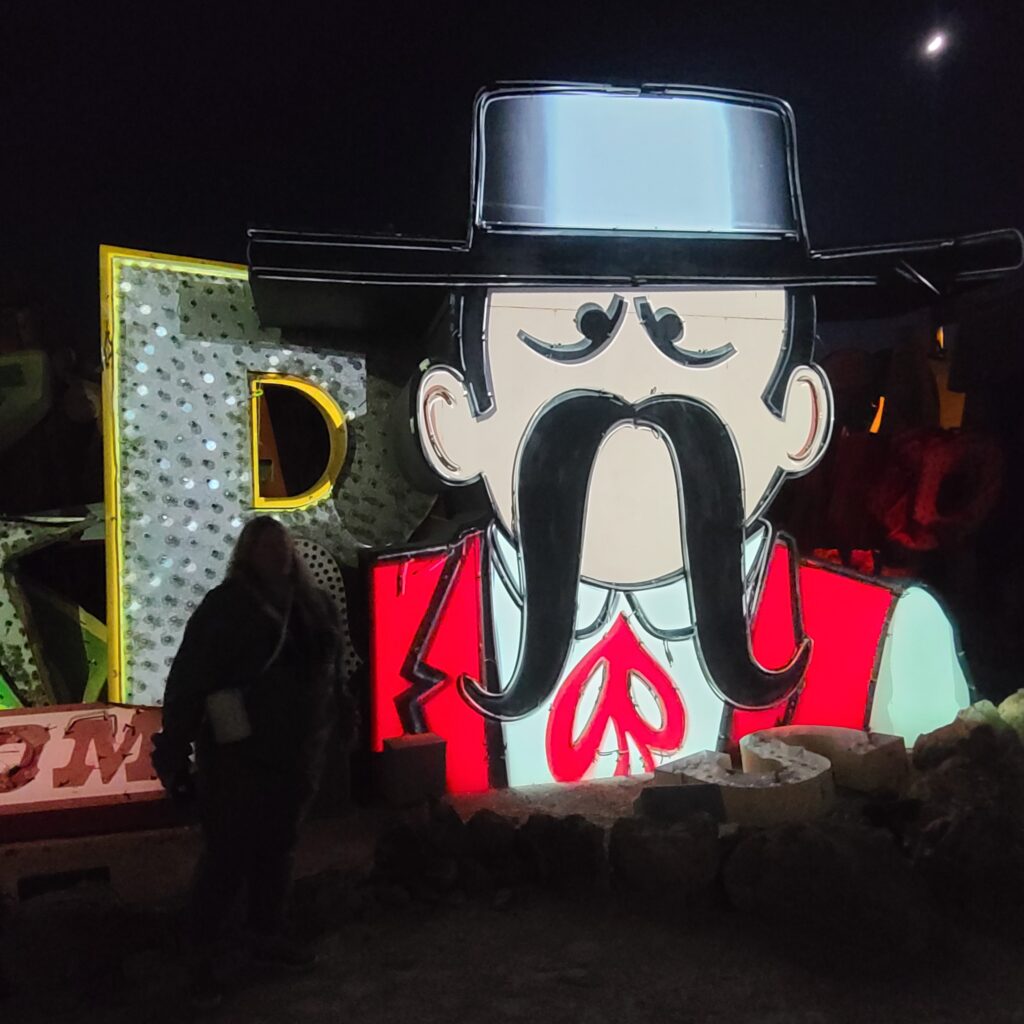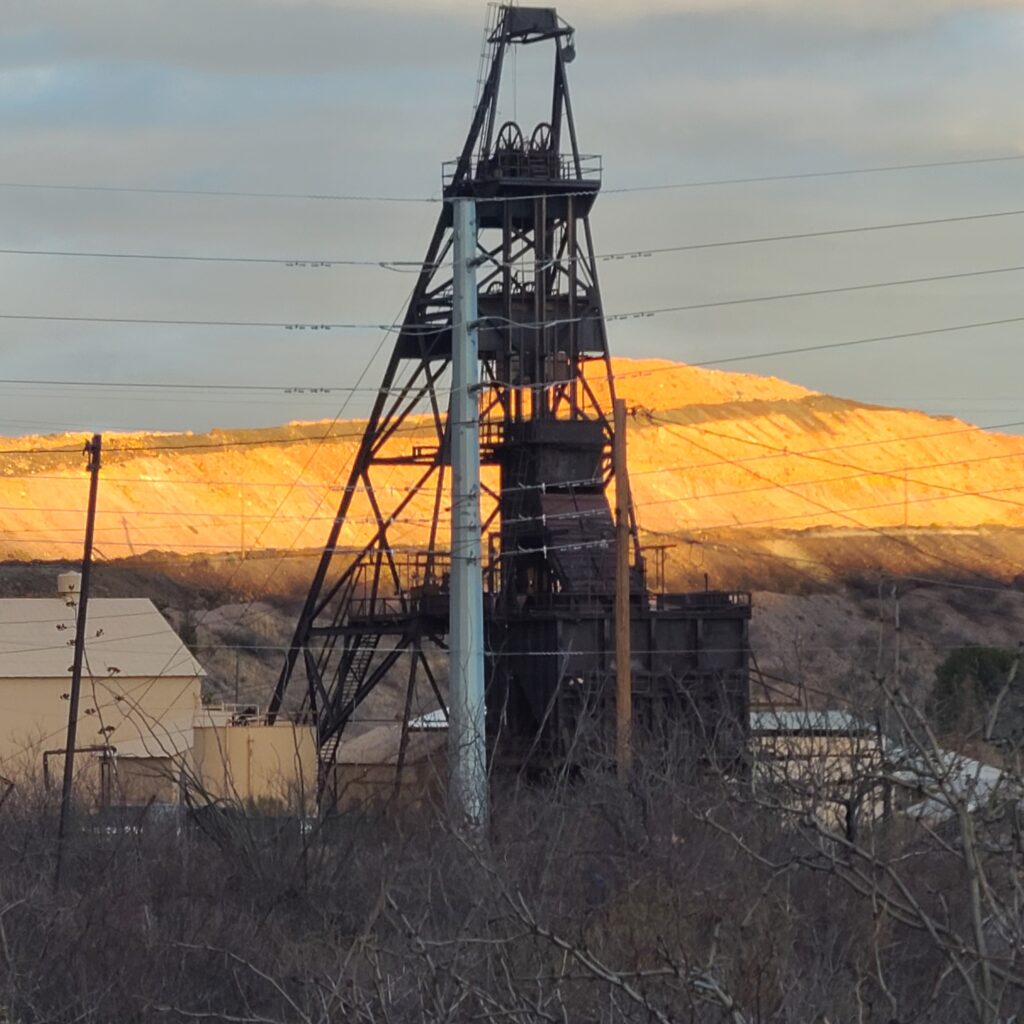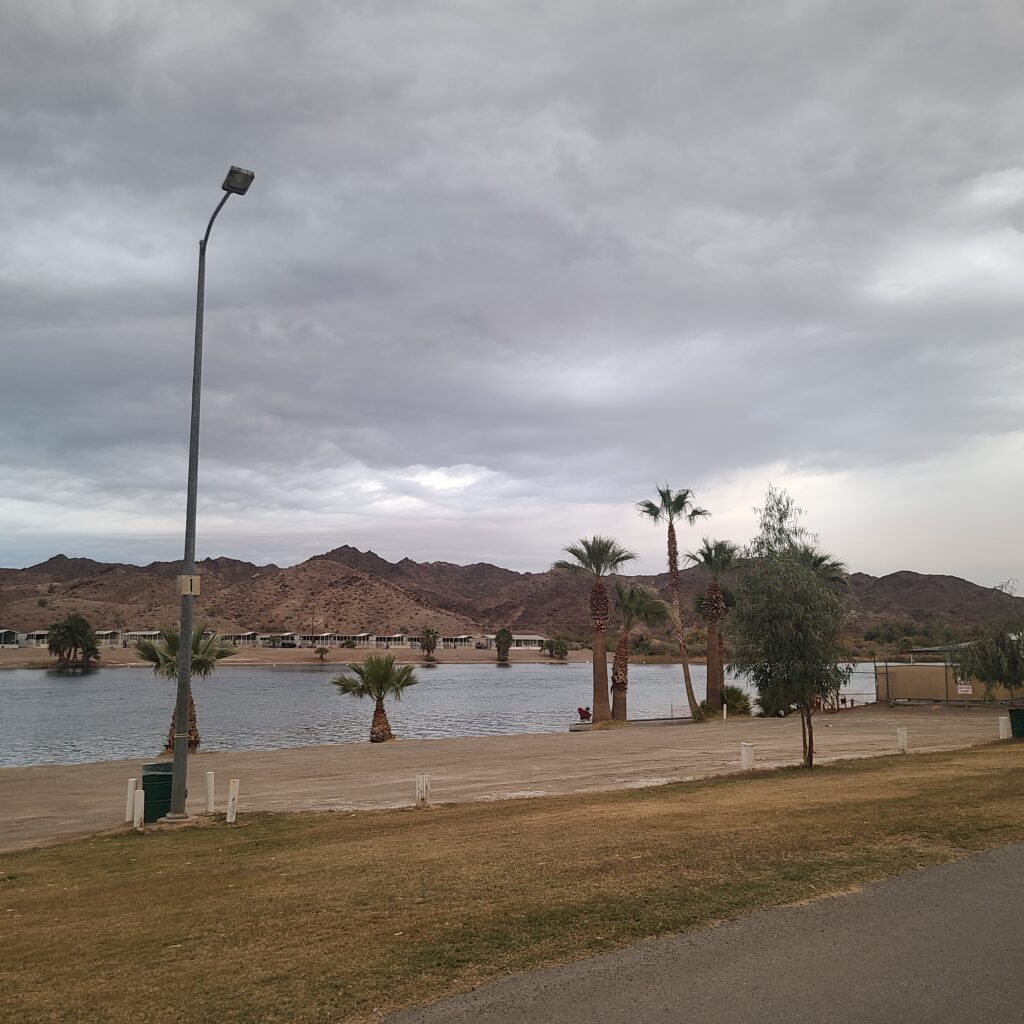Types of RV’s
I’d like to take a moment to talk about the types of RV’s available and our reasoning for staying with our type. I write this while sitting in the lot at our closest Lazyday’s RV in Longview Washington waiting for warranty work on our 6 month old 2022 Vanleigh Beacon 41FLB, bored out of my mind while Jones the cat sleeps in his bed in Karl.
There are many different types and styles of RV out there on America’s highways and byways. Many used by weekend or occasional users, a lot by full time/part time users and those “vintage” folks. I am not going to touch the shadow users (anymore anyway, since I retired from service and won’t enter another one of those without heavy compensation).
My sister has two of those vintage rigs and I have been to their rallies. If you have not been, you should go, they are a fun time and usually themed with proud owners inviting you in to see their handiwork in preserving and loving these RV’s. I can’t speak to their particular fetish as I don’t have the shop room to take on that particular hobby but I sure enjoy visiting with them and ogling the handiwork.
That leaves, really, six main types of RV. Class A with it’s sub-types, Class C, Class B (vans), Fifth wheel, bumper pulls, and truck campers.
Class A’s: Ah, those decadently lavish Buses going down the road bringing visions of legendary manufacturers like Prevost, Marathon, Tiffin and Thor being piloted by well heeled, silver haired retired millionaires moving from resort to resort. There are still a lot of those out there but there are a lot of people who are choosing the mobile life who are still working from the road, just check out the membership numbers from Escapees/Xscapees! We looked at and considered the Class A option and found it to be not our cup of tea.
PRO’s:
- The view!!! Have you sat in the command center (driver’s seat)? Everything at your fingertips, a view that is only beat by stopping and getting out. A large work/viewing platform for the navigator.
- The cockpit. Air ride seats, controls for days, instant auto levelling without leaving the chair. CALLING Capt. Kirk! The navigator could fold out huge scale maps from their position like navigators on a B-52 of ere. They can get up and move about the rig at leisure to get body fuel and other supplies. Absolute best setup for us older folks who want to live in style.
- This is a true mobile suite. The only external needs are fuel and driver change occasionally. Need a nap, lunch, coffee, cold beverage? No need to stop, just order from the steward/ess.
- Choice of gas or diesel power and most come with a built in onboard generator for your boondocking needs.
- Power train warranties like a vehicle and usually best coach warranties on the market.
- They come in toy hauler configuration too.
CON’s:
- Two power trains. If you have one of these you probably need a “run around” vehicle. Commonly known as “towed” or “toad”, this is the vehicle you actually use once you get set up at your destination. Sometimes they are towed behind the RV like a trailer (flat tow), sometimes in a trailer, and sometimes on tow dollies occasionally some folks just follow along with the second car to the next destination. This means you have to maintain two power trains, one for each vehicle. Twice the tires, oil, fuel, transmissions, windshields and other sundries keeping an automobile operating.
- Large hallway. That’s the way we look at them. One long hallway that goes from front to back with little way to break it up. I admit they are very lavishly appointed hallways but still, I don’t desire to live in one big long hall.
- lower fuel mileage on average.
- Usually a larger than average length (usually, there are some cute smaller “class A lite units). So you have to be aware of size restrictions for campgrounds.
- If the drive train breaks, your home is in the shop
Fifth Wheels (or what I call the multi-tool of RV’s):
PRO’s,
- Pick a length 24-48 feet.
- Pick a floor plan, the sky is the limit from little 1/2 ton sportsmen models to the monster toy haulers and anything in between. King Beds, bunkhouses, working couples, retired couples, camp working, working from the road, front kitchen, rear kitchen, center kitchen, hidden bunkrooms, loft bunks, macerator toilets, huge holding tanks.
- Huge storage opportunities. Toy haulers for almost everything.
- Most, with the right truck can do 90 degree turns and the driver can put them right where they want.
- One drive train, an appropriately sized truck for the size of RV. Bonus of disconnecting from RV and using the truck as a truck, commuter, expedition vehicle.
- Generally better fuel mileage if truck size matched to trailer size.
- If your drive train breaks you still have your house available.
- Best choice for us still active over 50’s.
CON’s,
- It is a trailer, you have to get out to use it.
- The views are what you get through a regular windshield.
- For the bigger ones you have to again be aware of campground size restrictions.
- Must have an appropriately sized truck. You’re not towing a big fifth wheel with your 1500/150 size truck so I advocate going big or not buying into this lifestyle. Depending on the combo, prices can encroach on the larger diesel Class A.
- Almost worthless coach warranties. See my blog about them.
Bumper Pull:
PRO’s
- Here you can get almost any use for the user from weekender toy haulers and teardrops to the big ones and the silver twinkies.
- Got a car or small SUV you can find one to match, Got a 1500 or 150 series truck, this is your venue
- Most are designed for the vacationer or base camp for. exploring with a few out there that people live in.
- More prone to be utilitarian and destination oriented.
- Definitely less expensive than the above types.
- usually very family friendly and easy to maintain.
CON’s
- Usually less heavily built (maybe not a con since they can be towed with a more reasonable vehicle?).
- Sometimes less tankage than a fifth wheel.
- Usually not built for full timing but hey, go with what you have. Less insulation for heat and cold control.
- Almost worthless coach warranties.
Class C
- Seen everywhere from shore to shore both north, east, west and south
PRO’s
- Perfection for a lot of folks. Got kids or grandkids? Extra bunk areas over the drivers area really lend themselves to bedding them down.
- Seatbelts for every seat in the bus.
- Can move about like in the Class A for steward service.
- Easy to operate, just like your truck or van.
- Big gas motors as a rule, so power is there.
- Did I mention lot’s of sleeping areas?
- The vacationers go to for rental and all around travel.
- Power train and frame warranted same as a truck, not great for the coach warranty.
Con’s
- Are there any?
- Ok, crappy fuel mileage usually.
- Not designed for full time living.
- I would own one if we didn’t full time.
- Cramped interior compared to Class A.
Class B
- My folks had a conversion van we built from a Ford E-250 back in 1978 and travelled all over the country. This is how it evolved into what we have today. The panel vans and VW camper vans back in the day spawned the current generation.
PRO’s
- The switch blade of self propelled campers, surgical and precise insertions into those wild places before hiking miles to your hidden secret spot with a tent.
- Self contained with style.
- Everything that can be crammed into one usually is.
- Everything from stealth home builds to high end luxury units. Saw one on the sales floor for 250k, body by Tiffin and powertrain by Mercedes diesel.
- Perfect for the adventure bound couple needing a way to get to their favorite out of the way excursions from the frozen north to Tierra del Fuego.
Con’s
- Nope, can’t think of any. God/Goddess bear you adventurers in their embrace and keep sending those fricking awesome social media posts that remind me of my 20’s.
- Ok, I wouldn’t live in one unless I was in my 20’s, us old folks just don’t bend well anymore and we break when we fall no matter what my ego/brain tell me.
Truck bed campers
- The sportsman’s multi tool lives!
PRO’s
- Get the size you want and slide it in and tighten it down.
- Hook up you boat or trailer full of hunting equipment.
- Sizes for all trucks from minimalist to extravagant houses.
- Drive the whole thing to your fishing/hunting camp, unload and have a truck, house, boat, entire hunting lodge of your own.
Con’s
- Again, purpose built, no real con’s other than I wouldn’t live full time unless I was single and 25.
Lastly, not really on my list are the home built and conversion RV’s. These are true labors of love between their owners and the vehicles themselves. That full size converted Schoolie or maybe the gorgeous home built wooden truck bed camper. Perhaps it is the converted Unimog or Man military off road go anywhere expedition rig. These are specialty vehicles that can cost nothing but materials and sweat equity or be million plus euro dollar vehicles. I can’t speak to these other than to say cool!
Whatever type of RV you choose to own, lease, borrow or build I salute you. Get out in nature, experience your adventure how you want to experience it. Retirees living in moderate climates constantly, the family at the beach or in the mountains, the home schooling work from the road warriors, the outdoorsman and the extreme adventurers braving the elements. Live your adventures to your best and fulfill that need/yearning in your souls.
If you see us out there say hi and come by for a beverage!
BFD



